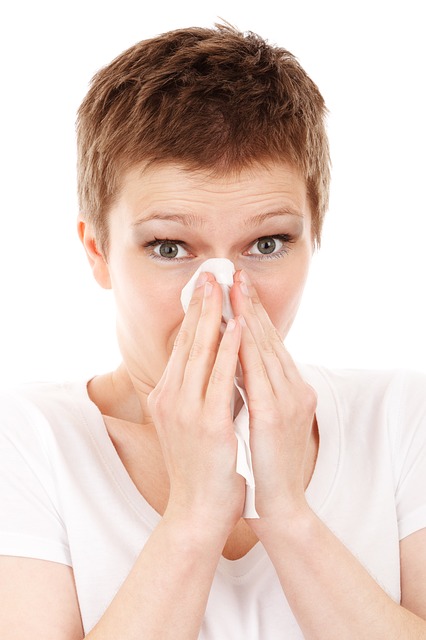If you find yourself a little under the weather, you are not alone! Flu numbers are already up in Canada early on in the cold weather season according to Canada’s Public Health Agency.
In the Agency’s latest FluWatch report, the data shows so far there have been 371 hospitalizations, with 21 people admitted to an ICU and eight deaths related to the flu. One of the reasons for the spike say health experts is that this year’s flu vaccine may be only 10 percent effective against the emerging dominant strain, H3N2.
How can flu be prevented?
The best way to prevent the flu according to Canada’s Public Health Agency is by getting a flu vaccine, also known as a flu shot. Flu vaccine is safe and effective. You cannot get the flu from the flu vaccine. Most people do not have reactions to the flu vaccine. Severe reactions are very rare.
Getting a flu vaccine is a simple action that can save lives by:
- protecting you if you are exposed to the virus
- preventing you from getting very sick
- helping protect other people because you are less likely to spread the virus to others
Everyone 6 months and older should get the vaccine. This is especially important for:
- people who are at high risk of complications
- those who are especially capable of spreading the flu to those at higher risk
It is important that you get a new flu vaccine every year because the:
- effectiveness of the vaccine can wear off, so you need a new one every year to stay protected
- type of flu virus usually changes from year to year
- experts create a new vaccine to protect you each flu season
Ask your health care provider about getting the vaccine. You can also find a location near you (such as a pharmacy or public health clinic) to get the vaccine.
This season’s flu vaccine will protect against the influenza viruses that research indicates will be most common during the season. This includes:
- 2 influenza A viruses
- 1 or 2 influenza B viruses, depending on the flu vaccine you receive
In addition to getting the flu vaccine, you can also protect yourself and those around you from the flu by:
- washing your hands frequently
- coughing and sneezing into the bend of your arm, not into your hand
- avoiding touching your nose, mouth or eyes with your hands
- cleaning and disinfecting objects and surfaces that a lot of people touch, such as:
- doorknobs
- phones
- television remotes
- eating healthy foods and doing physical activities to keep your immune system strong
- getting plenty of rest or sleep
If you do get sick, stay home and avoid contact with other people until your symptoms are gone. This will help prevent the spread of the virus.
If you plan to travel, consult a health care provider or travel health clinic at least 6 weeks before leaving.
About FluWatch
FluWatch is Canada’s national surveillance system that monitors the spread of flu and flu-like illnesses on an on-going basis. FluWatch reports, posted every Friday, contain specific information for health professionals on flu viruses circulating in Canada.
The FluWatch program consists of a network of labs, hospitals, doctor’s offices and provincial and territorial ministries of health. Program objectives include to:
- Detect flu outbreaks across the country as early as possible
- Provide timely up-to-date information on flu activity in Canada and abroad to health professionals [and interested Canadians]
- Monitor circulating strains of the flu virus (like H1N1) and assess their sensitivity to antiviral medications, [such as Tamiflu and Relenza]. Antivirals, when used by doctors to treat flu, can help reduce the severity of the illness and the recovery time for a patient
- Provide information that the World Health Organization can use to make its recommendations on the best vaccine to use for seasonal flu shots.
To receive similar content, “Like” us on Facebook @ https://www.facebook.com/niagarabuzz.ca











